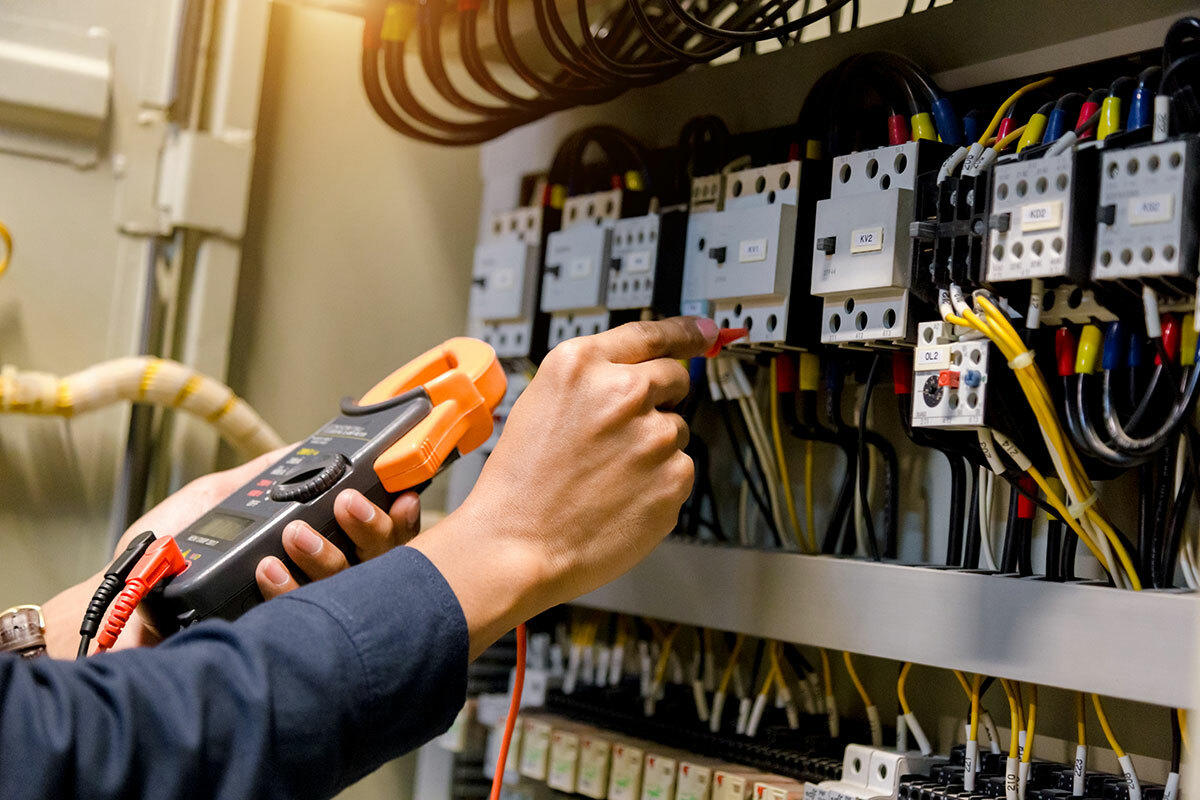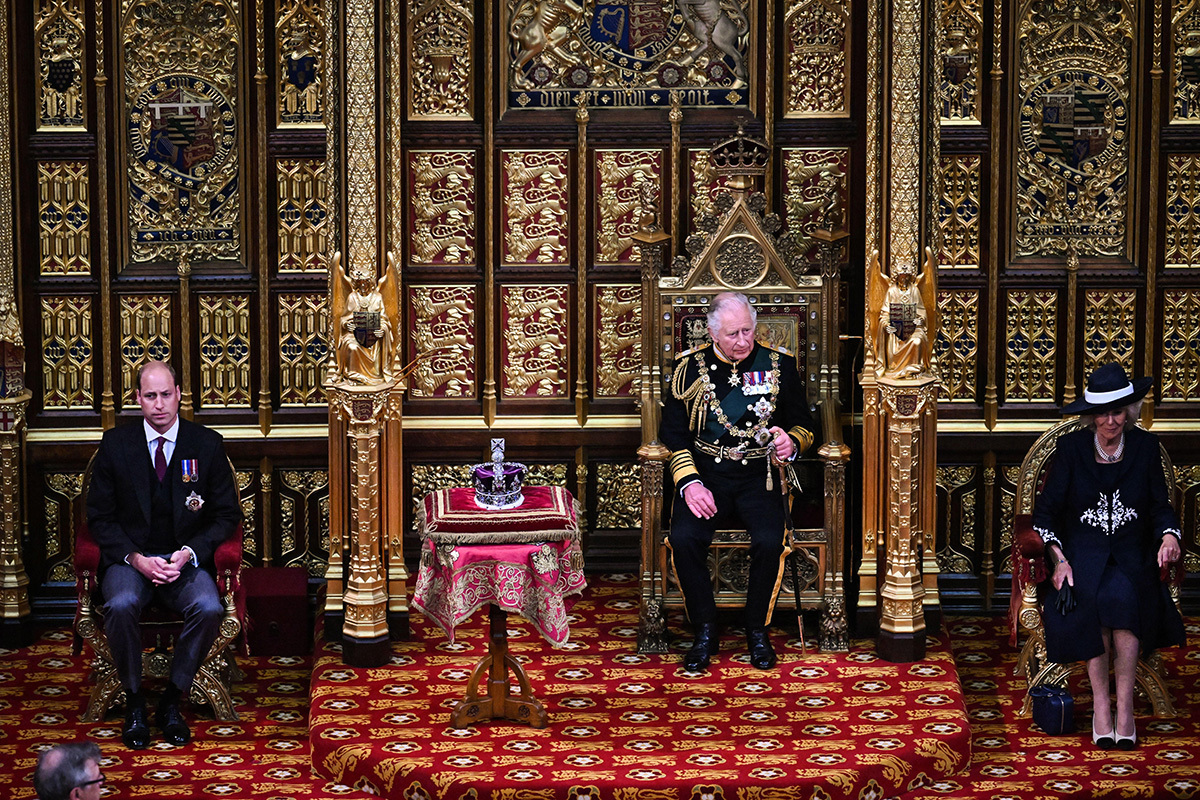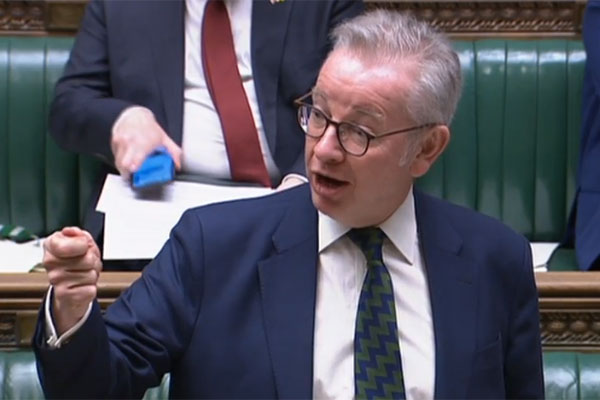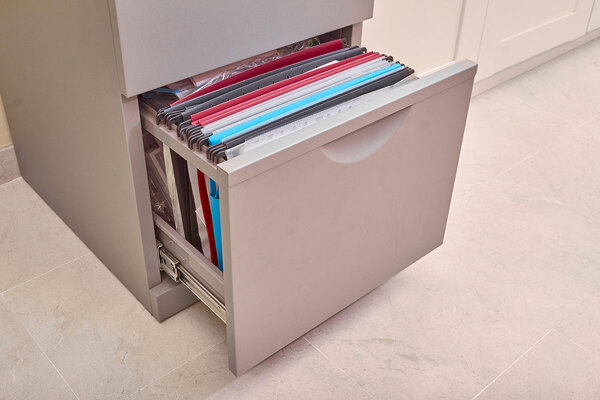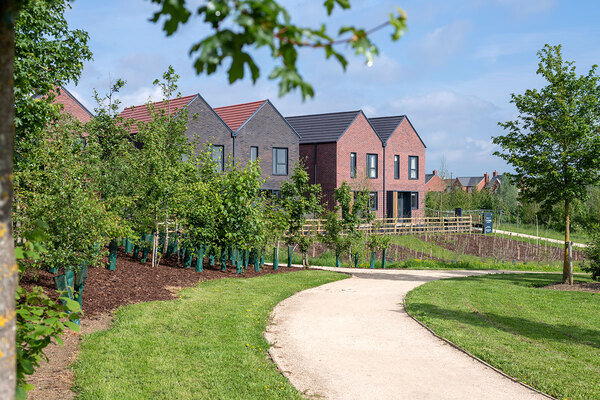You are viewing 1 of your 1 free articles
Government launches consultation on electrical safety standards in social housing
The government has launched a consultation on electrical safety standards in the social housing sector, in a bid to make tenants feel safer in their homes.
Proposals include mandatory checks on electrical installations at least every five years for both rented and leasehold properties, and mandatory portable appliance testing (PAT) on all electrical appliances that are provided by social landlords.
In 2020-21, there were 14,858 accidental electrical dwelling fires in England, 37% of which were caused by faults.
The three most common sources of the fires were cooking appliances, problems with installations and wiring, and other domestic appliances.
News of the consultation emerged alongside an announcement that the Social Housing Regulation Bill would be introduced into parliament on Wednesday.
The bill – yet to be published – comes nearly five years after 72 people died in the Grenfell Tower fire. The government promised to overhaul the regulation of social housing in response to the disaster.
An electrical safety standards working group was established in 2016 to discuss the risks private sector tenants face from electrical hazards and whether legislative intervention was required.
Legislation to require testing of electrical installations came into force for private landlords in 2020, but this was not extended to the social housing sector.
The Social Housing Green Paper, published in 2018, sought views on whether the private and social sectors should have the same safety standards – 90% of respondents agreed.
The Social Housing White Paper committed to consult on measures to ensure that social homes are safe in respect of electrical safety.
After its publication in 2020, the government set up the Electrical Safety in Social Homes Working Group to prepare for the consultation, which will run until 31 August.
On Wednesday, the government announced a raft of changes that will be introduced in the Social Housing Regulation Bill, including that underperforming social landlords will be subject to “Ofsted-style” inspections by the Regulator for Social Housing.
The English regulator, which will have stronger powers, will only have to give 48 hours’ notice to landlords before inspections, compared with the current period of 28 days.
The government is introducing unlimited fines for poorly performing social landlords, while housing associations will be subject to a Freedom of Information-style information-sharing process.
Sign up for our regulation and legal newsletter
Already have an account? Click here to manage your newsletters
